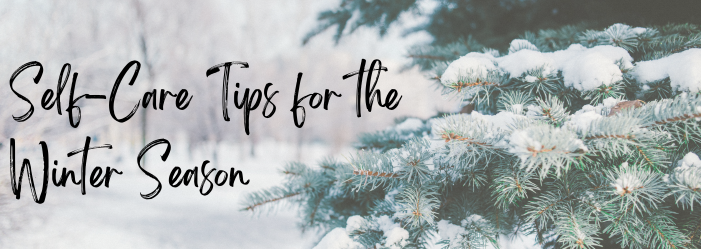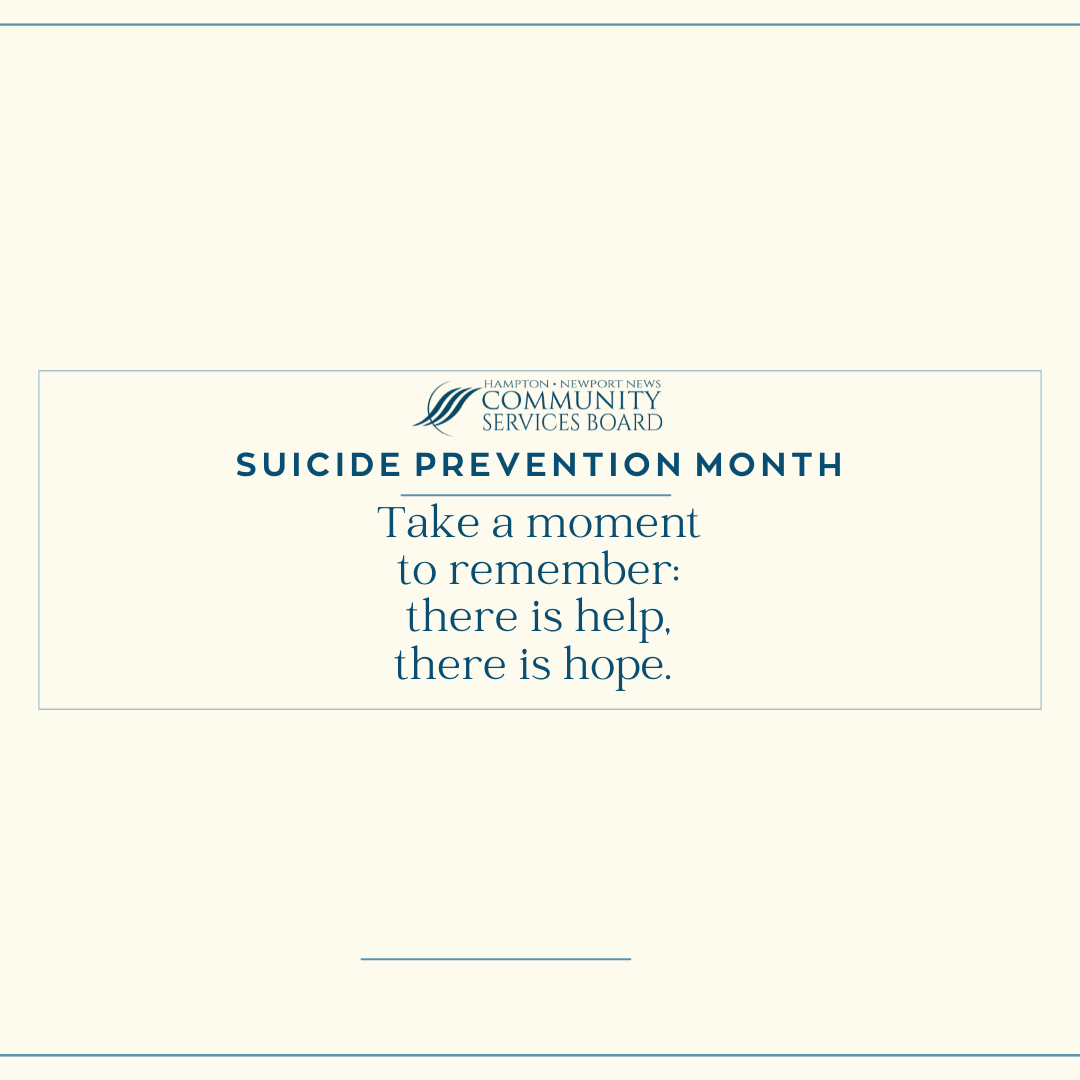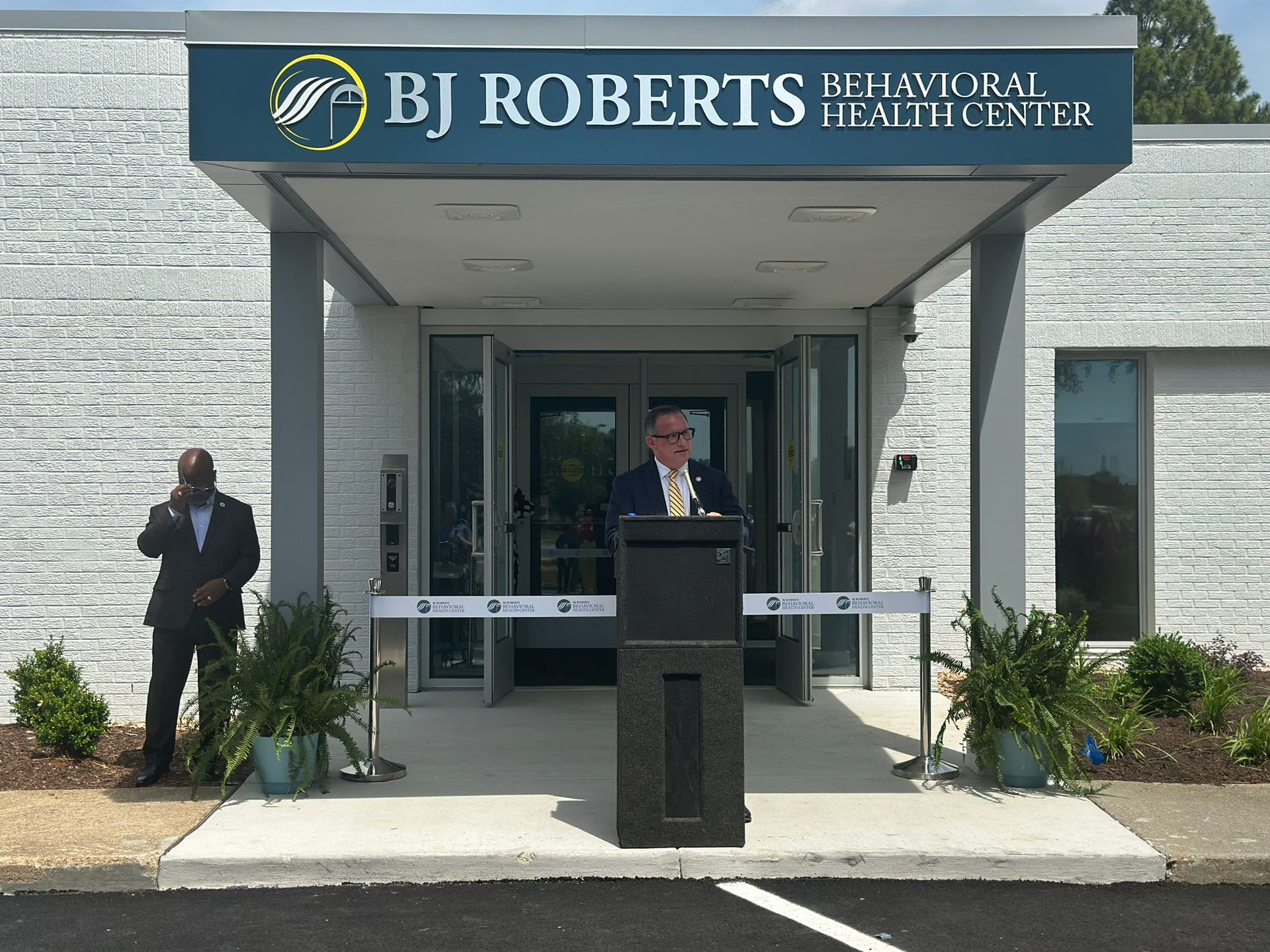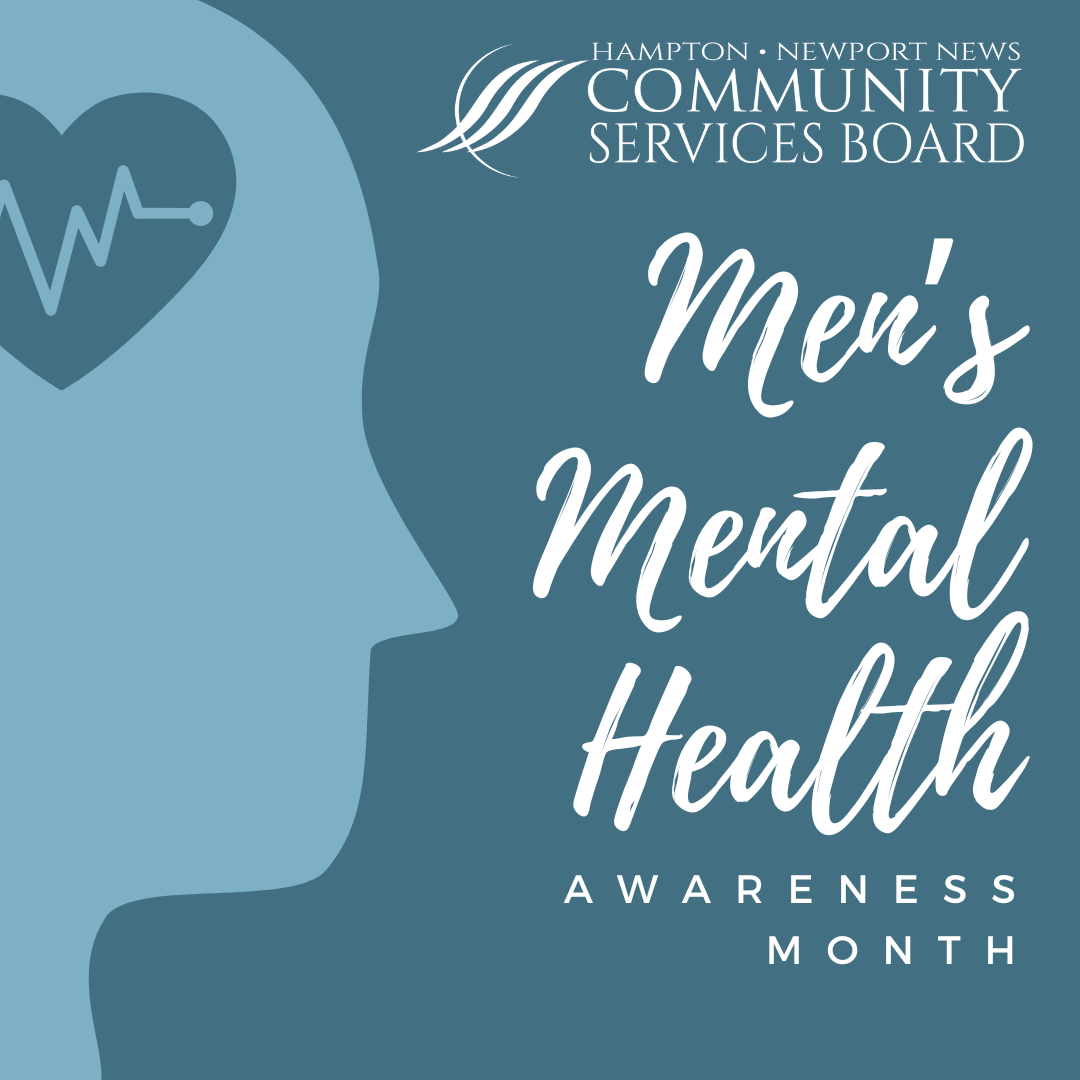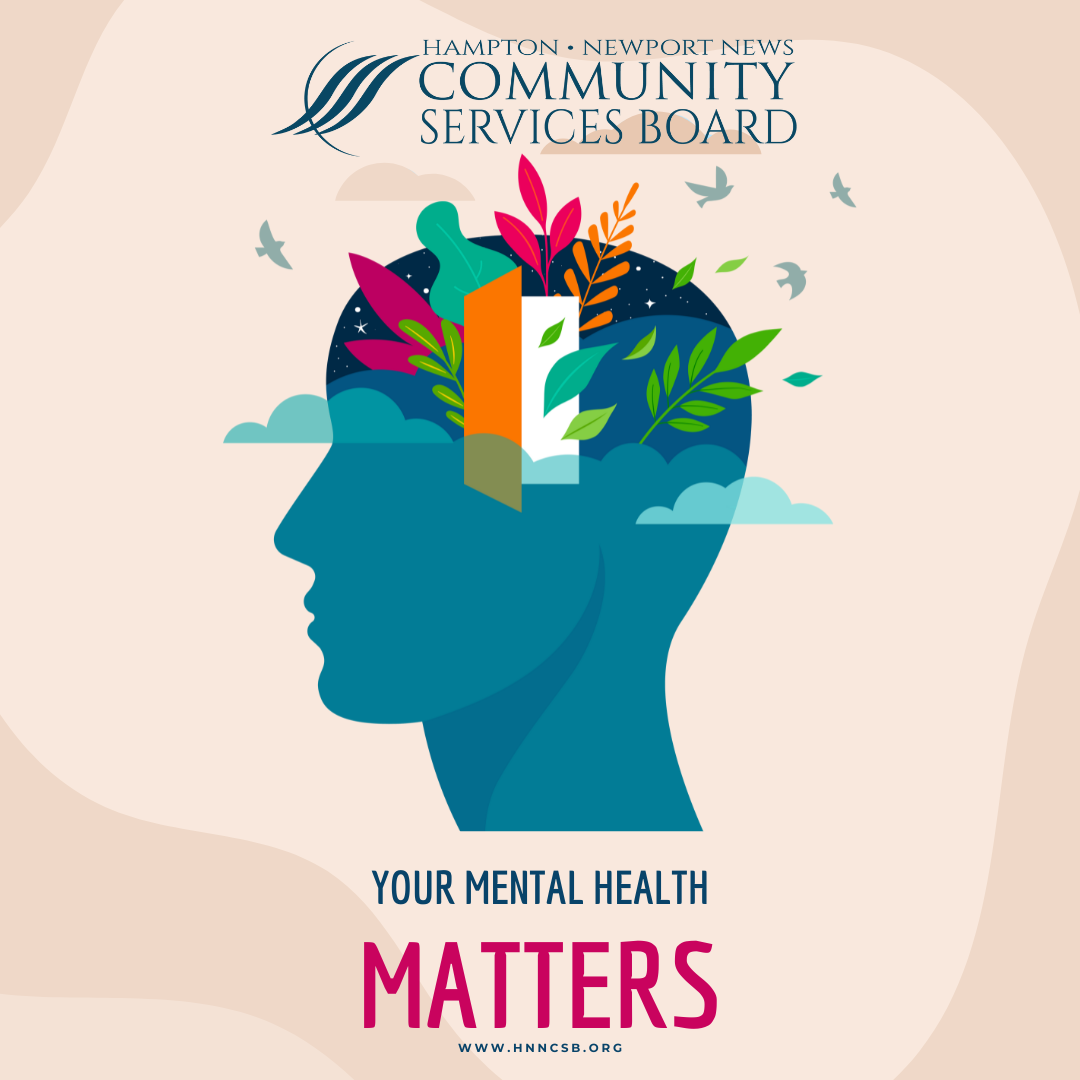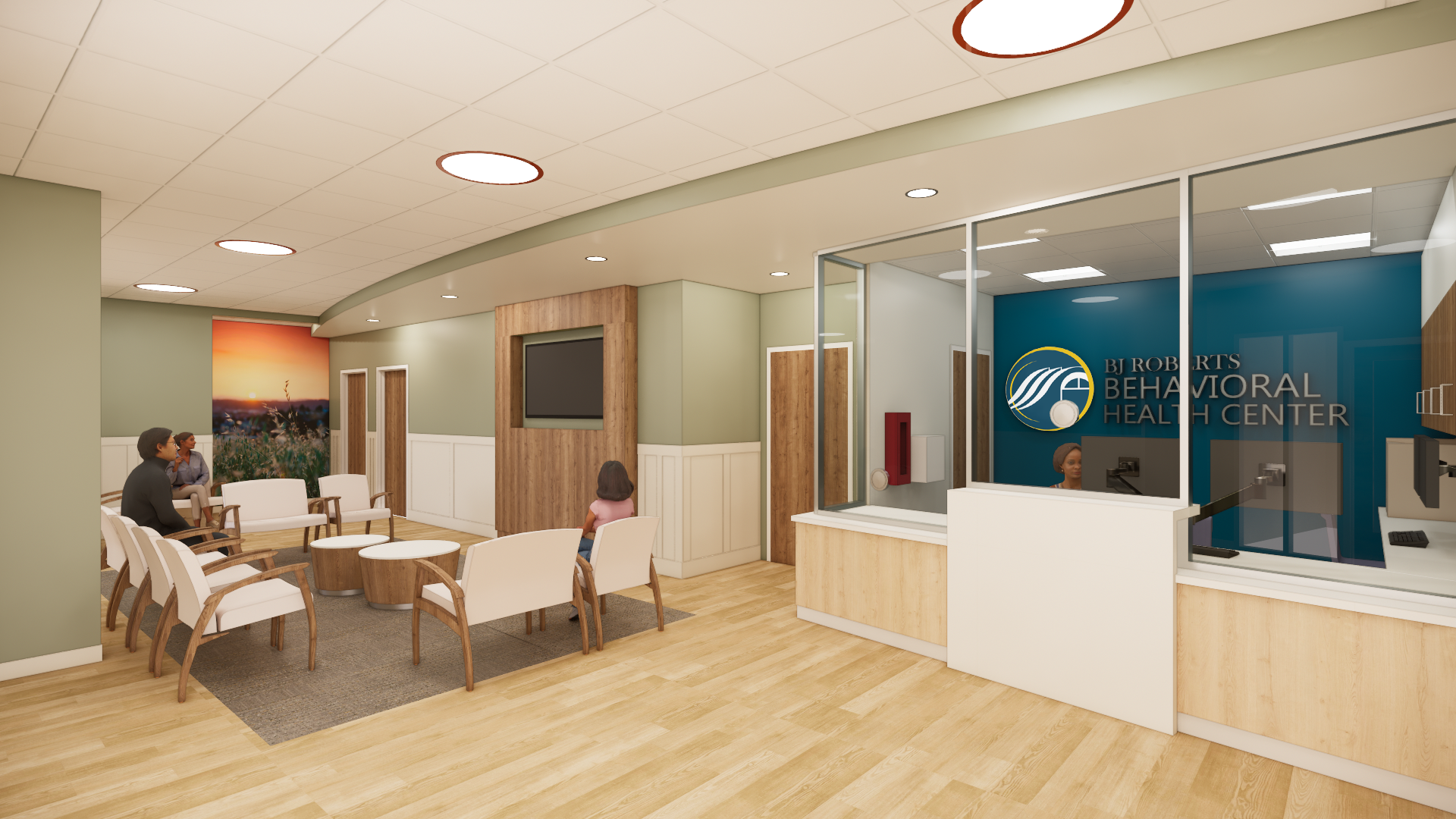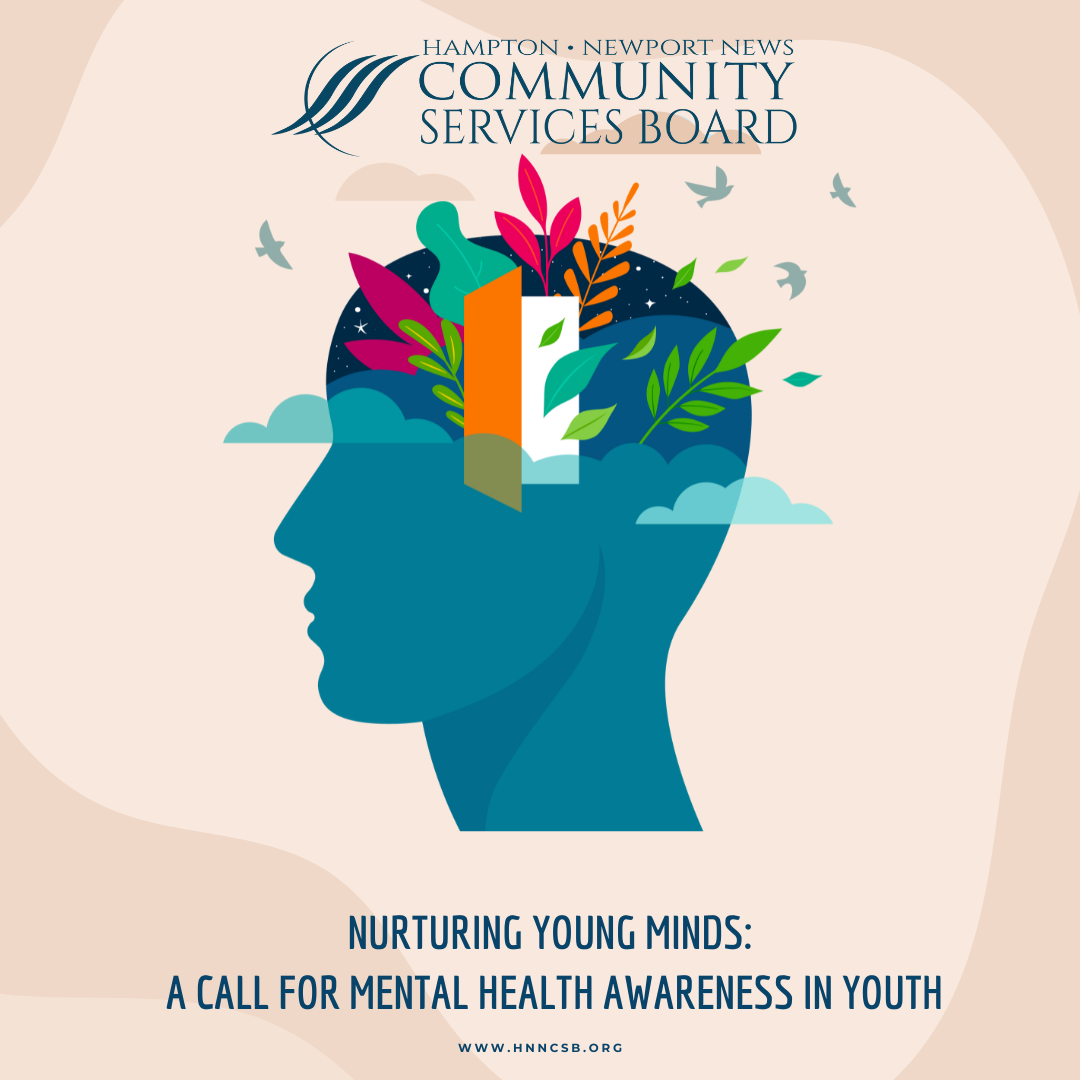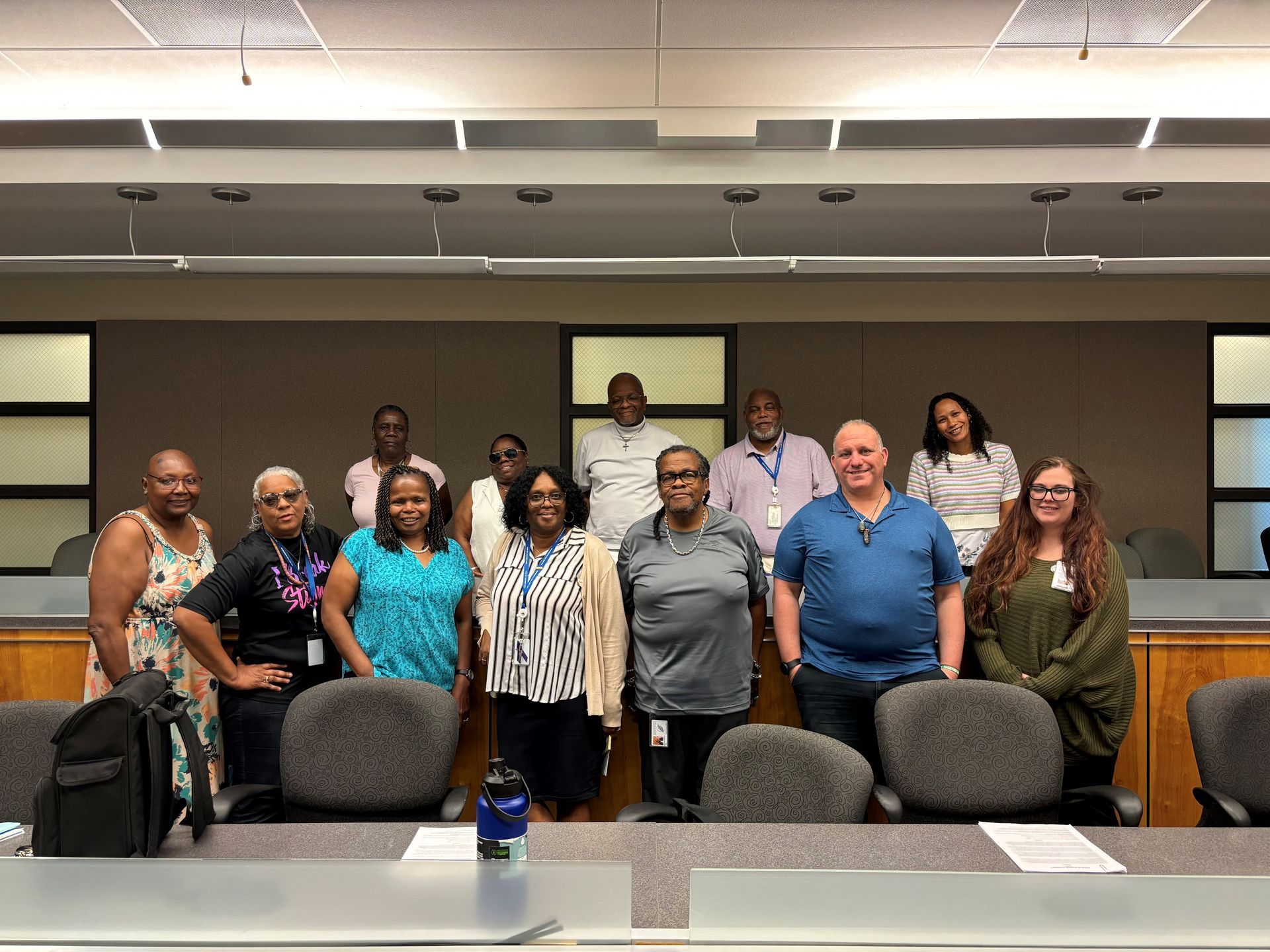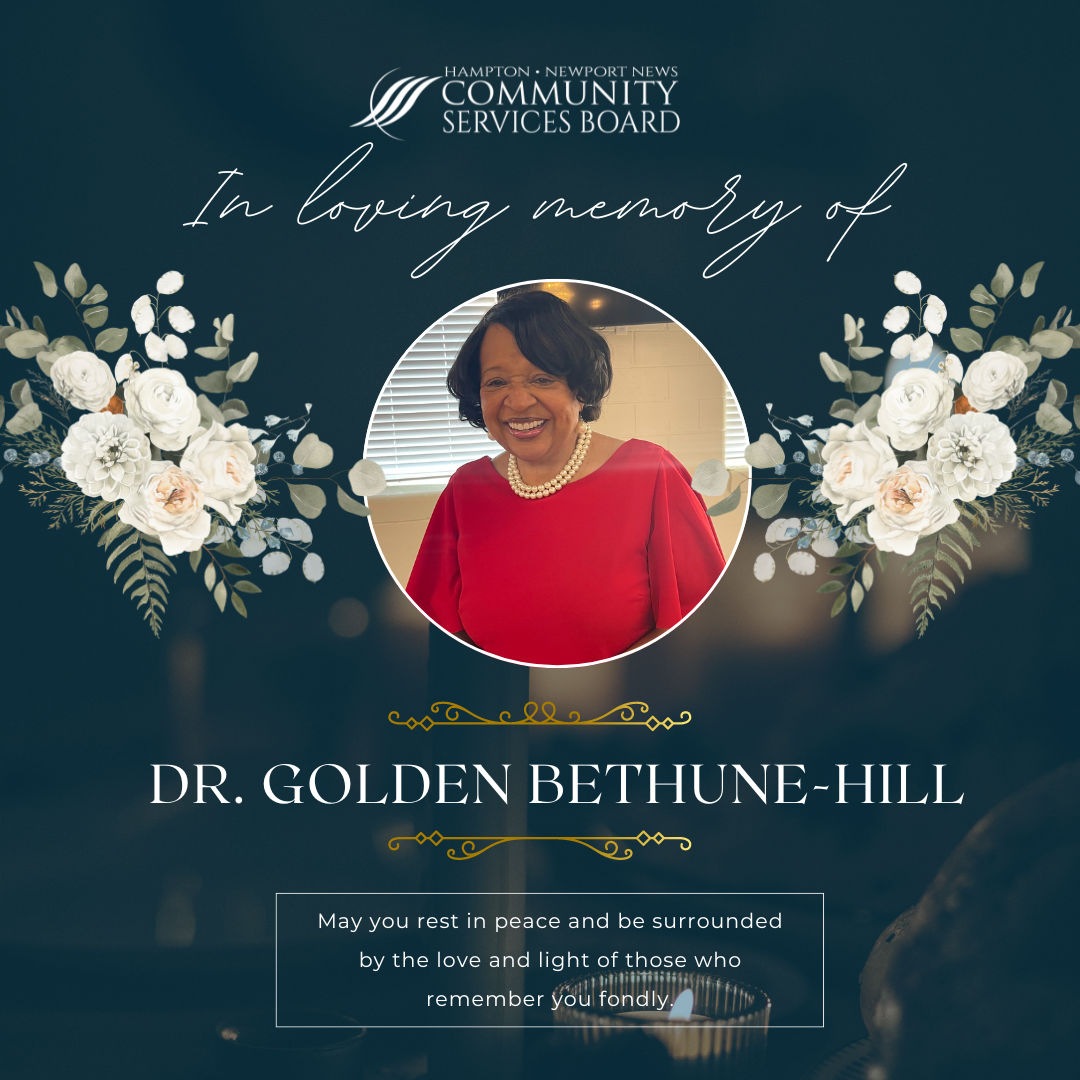Caring for the Golden Generation: Mental Health Awareness in the Elderly
Caring for the Golden Generation: Mental Health Awareness in the Elderly

In the golden years of life, our seniors deserve not only our respect and gratitude but also our unwavering support for their mental well-being. Yet, mental health issues among the elderly often go unnoticed or untreated, leading to unnecessary suffering and diminished quality of life. As we recognize Mental Health Awareness Month this May, let's shed light on the importance of mental health in our aging population and explore ways to provide them with the care and support they deserve.
The Silent Struggle of Seniors' Mental Health
Growing older comes with its own set of challenges, including physical ailments, loss of independence, and social isolation, all of which can take a toll on mental health. According to the World Health Organization (WHO), depression affects about 7% of the elderly population worldwide, and anxiety disorders are also common among older adults. Moreover, factors such as stigma, lack of awareness, and barriers to accessing mental health services further compound the issue.
Why Mental Health Awareness Matters for Seniors
1. Improved Quality of Life: Addressing mental health concerns can significantly enhance the overall well-being and enjoyment of life for seniors, enabling them to remain active and engaged in their communities.
2. Enhanced Physical Health: Mental and physical health are closely intertwined. By addressing mental health issues, we can also improve seniors' physical health outcomes and reduce the risk of chronic illnesses.
3. Preservation of Independence: Supporting seniors' mental health can help them maintain their independence and autonomy for longer, allowing them to age gracefully in their own homes and communities.
Ways to Support Elderly Mental Health
1. Social Connection: Encourage socialization and meaningful connections with family, friends, and peers. Loneliness and isolation are major risk factors for depression and anxiety in seniors, so fostering social engagement is crucial.
2. Active Lifestyle: Promote physical activity and regular exercise, which have been shown to have numerous mental health benefits, including stress reduction and mood improvement.
3. Healthy Habits: Encourage healthy lifestyle choices, such as balanced nutrition, adequate sleep, and mindfulness practices. These habits can help seniors manage stress and maintain emotional well-being.
4. Open Communication: Create a supportive environment where seniors feel comfortable discussing their feelings and concerns. Validate their experiences and offer empathetic listening without judgment.
5. Access Community Resources: Take advantage of local resources and support services tailored to seniors' mental health needs, such as those provided by the Hampton-Newport News Community Services Board (H-NNCSB).
The Hampton-Newport News Community Services Board: A Beacon of Support for Seniors
H-NNCSB is committed to serving individuals of all ages, including seniors, with a range of mental health services designed to promote well-being and recovery. Some of the resources and programs available to seniors through H-NNCSB include:
- Mental Health Services: Counseling, therapy, and support groups specifically tailored to the needs of adults experiencing mental health challenges.
- Crisis Intervention: Immediate support and intervention for seniors experiencing a mental health crisis, including crisis hotlines and mobile crisis teams.
- Peer Support: Opportunities for seniors to connect with peers who have shared experiences and offer mutual support and encouragement.
As we honor Mental Health Awareness Month, let's remember to extend our compassion and support to the elderly members of our communities. By raising awareness, promoting social connection, and accessing resources like those offered by the Hampton-Newport News Community Services Board, we can ensure that our seniors receive the care and attention they need to thrive in their later years. Let's cherish and support our golden generation as they navigate the journey of aging with dignity and resilience.
